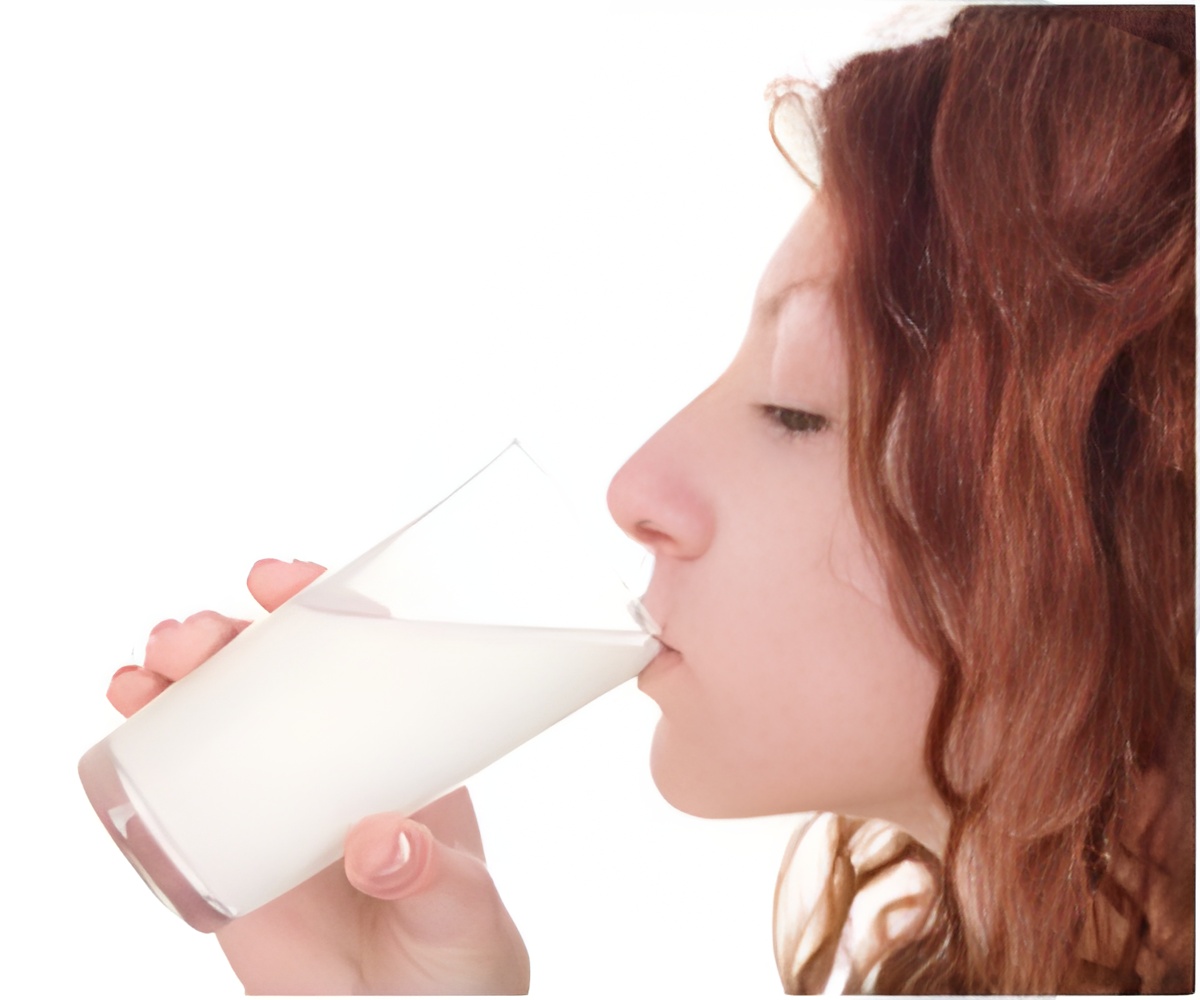New study from the University of illinois found that college-going kids who have less than 3 servings of dairy products daily, are more likely to develop metabolic syndrome.

That alarming finding means that three-fourths of the 18- to 25-year-old college applicants surveyed are at risk for metabolic syndrome, the researcher said.
Metabolic syndrome occurs when a person has three of the following risk factors: abdominal obesity, high blood pressure, high blood sugar, and unhealthy cholesterol and lipid levels. Having this disorder greatly increases a person's chances of developing heart disease and type 2 diabetes, she said.
Although scientists believe that dairy products guard against obesity and the health problems that accompany extra weight, they aren't sure how it happens. "It may be the calcium, it may be the proteins. Whatever the mechanism, evidence suggests that dairy products are effective in attaining and maintaining a healthy weight," she said.
In the study, 339 Mexican college applicants filled out a food frequency questionnaire and were then evaluated for metabolic syndrome risk factors. The analysis controlled for sex, age, family history of cardiovascular disease and type 2 diabetes, and physical activity.
The study is part of the Up Amigos project, a collaboration between scientists at the U of I and the Universidad Autónoma de San Luis Potosί in Mexico. The researchers are following university applicants to learn how changes in their BMI, weight, and eating and exercise habits affect the students' health over time.
Advertisement
"And obesity is now a more serious public health problem in Mexico than in the United States. According to new data from a national Mexican survey, 72 percent of adults are overweight or obese, in contrast to 66 to 70 percent of U.S. adults," she said.
Advertisement
Teran-Garcia stressed the importance of developing healthy food habits early in life, and she sees her efforts at the university as an intervention that could change the students' thinking.
"We are concerned because persons in this age group don't visit the doctor often, and they may not know they have problems with their weight, blood pressure, lipids, or blood sugar," she said.
Adopting the USDA dairy recommendation as a young person is a low-cost approach to maintain health and decrease future disease risk, she said. "And, in a few years, when our survey participants are parents, they'll be able to model good nutrition for their children."
Source-Eurekalert















